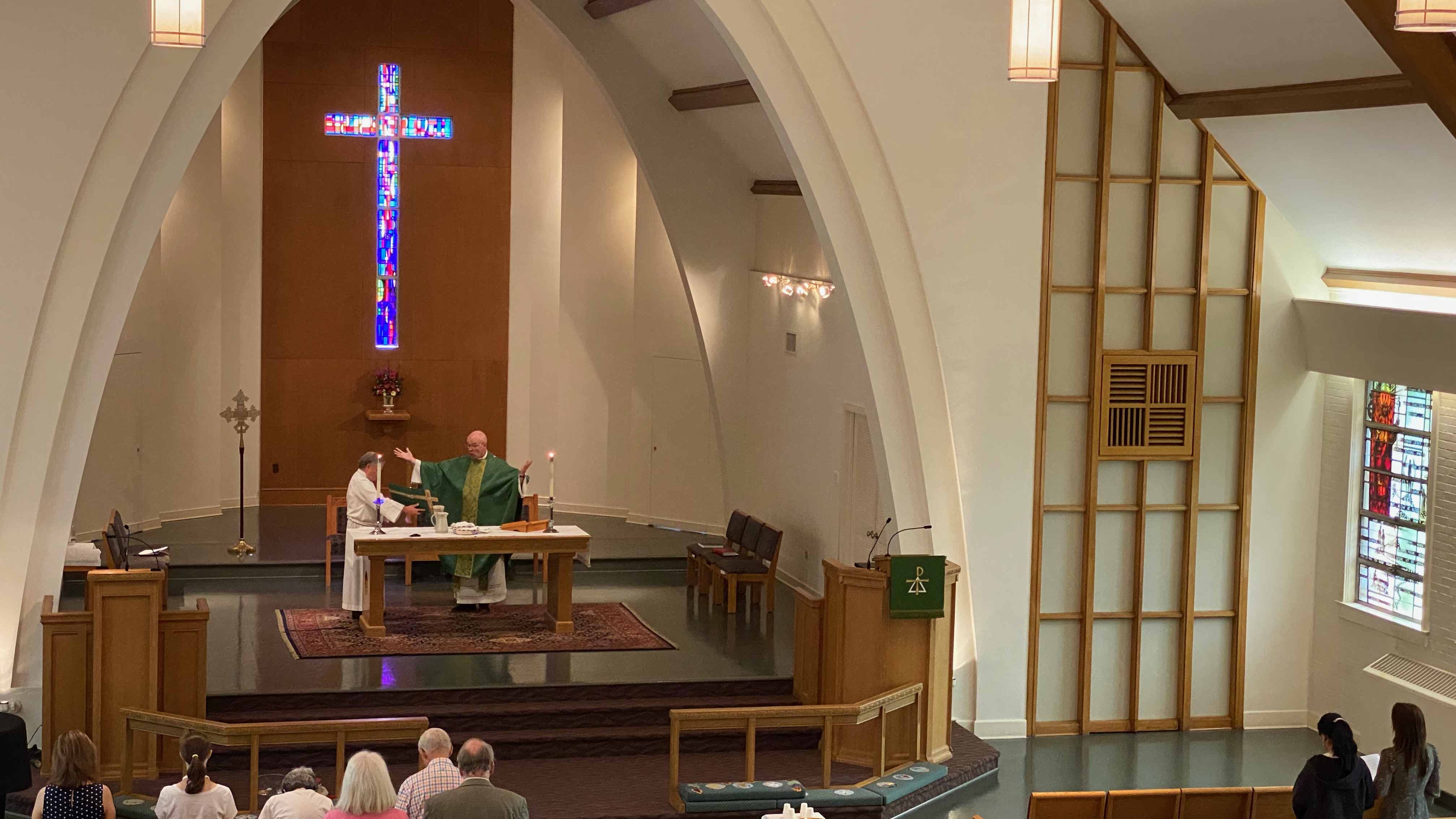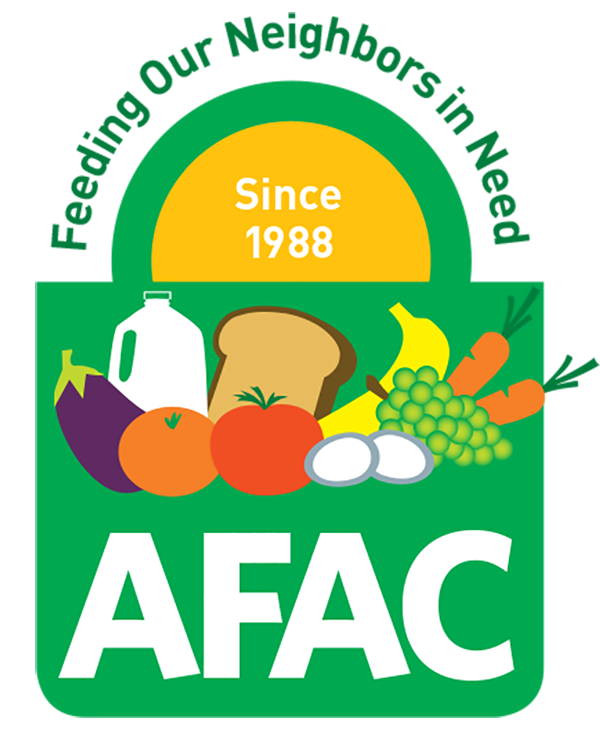What’s the big deal with the conjunction “or”? This little word reinforces and communicates binary thinking in Western societies that I believe contributes a great deal to our current divisions, injustices, and unrest. The Western analytical mind tends to want to break things down into constituent parts. Our mindset is a blessing and sometimes a curse. Is it this or that? Is it true or false? Are you in or out, with us or against us? Is it black or white? Red or blue? Coastal urban or inland rural? The conjunction “or” also leads easily to oppositional attitudes, for example, in the use of a related word, “versus” (often abbreviated vs.): us vs. them, and on and on.
It is true that there are occasions when “or” accurately describes realties. There are, for example, some things that simply are true or false. There should be no debate that 1 + 1 = 2. But most human social realities are too rich, nuanced, and complex to lend themselves to a simplistic reduction to being true or false, this or that. Thus, the two-letter conjunction “or” and the binary thinking that emerges from it have gotten us human beings into much trouble, contributing to incredible amounts of tragic suffering and death. “Or” has often been misused in the divisive service of artificially creating realities where people are favored or disfavored, considered desirably human or otherwise dehumanized, worthy of life or deserving of death.
So, given the sad and tragic and dangerous human history of oppositional linguistic usages of “or” and resulting realities, let me advocate for another conjunction, the simple three-letter word “and.” “Or” connects by way of separation. “Or” can limit viewpoints and perspectives. “Or” can exclude and isolate. “Or” can ultimately open the doors to racism, prejudice, and various forms of inequality and injustice. In contrast, “and” unites. “And” includes. “And” expands our horizons. “And” helps us to embrace others and to see our interdependence with them. We are black and white among other beautiful hues together. Our nation is comprised of red and blue states. We are enriched by coastal urban centers and our inland rural areas and small towns.
Our current divisions, popularly referred to as culture wars, often center on clashes between very basic values: private or public, nationalism or globalism, competition or cooperation, individualism or collectivism, or more simply I or we, and on and on. When these approaches to social organization are viewed oppositionally with one side winning over against the other, life quickly becomes unbalanced and out of kilter. Then people, especially the ones on the losing side of “or,” suffer. And that is where we find ourselves as a nation right now. Intentionally choosing “and” over “or” helps us nurture the possibility of finding holistic, just balance and equality, and maybe even peace again.
This reflection on conjunctions may seem quite abstract and removed from the ravages of unrest in Minneapolis and in many other locations in our country. But again, word choice matters and leads to consequences in real life. “Sticks and stones may break our bones, but words will never hurt us.” That’s a simplistic statement that does not ring true to common experience. There are occasions when words we choose result in longer lasting damage than broken bones. To reiterate, I remain steadfast in my conviction that reductionistic preoccupations with “or,” and the perspectives and policies which can emerge, engender the kind of oppositional attitudes that at some point down the line can lead to injustice, inequality and ultimately murder and genocide. In contrast, our choosing to claim the conjunction “and” has the potential to heal and unite us again.
Therefore, let us carefully attend to our own language in formal and informal discourse with each other, seeking opportunities to choose “and” over “or.” I might add, by way of conclusion, that “and” is a very Lutheran word. For again, as I’ve written to you previously, we Lutherans proclaim that humans are saints and sinners simultaneously.
And this coming Sunday is Holy Trinity Sunday. Think of the Trinitarian formulation for our Christian understanding of God in connection with baptism. We baptize “in the name of the Father, and of the Son, and of the Holy Spirit.” Can you imagine if it was rendered, “in the name of the Father, or of the Son, or of the Holy Spirit”!?! “And” is what makes for true Trinitarian understanding. The use of “or” would render the whole idea of the Trinity, one God in three persons, meaningless.
So, here’s to the power and beauty of the conjunction “and” in our theology and in our life together in church, nation, and world.
May our careful word choices be for the healing of our nation and world in the power of the Holy Spirit who lives and breathes, forms, reforms, and transforms us through the sacred words we use!
Prayerfully in obedience to the Word who is Christ Jesus,
Pastor Jonathan Linman






